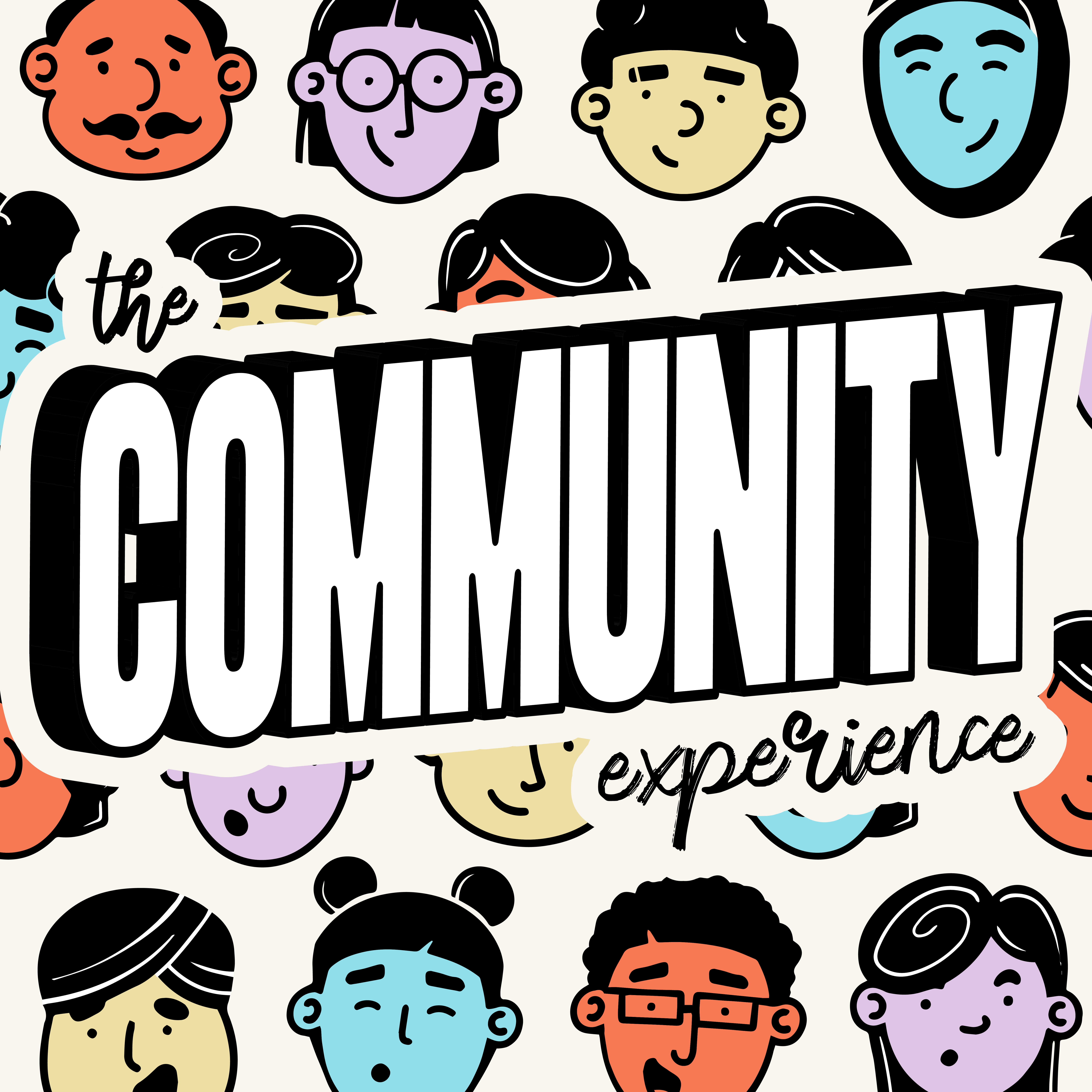

The Community Experience Podcast
with Jillian B
Archived Podcast — Not Actively Recording
Whether you’re facilitating an online community based on a brand, fandom, niche hobby, or something else, you’re in the right place. Join host Jillian Benbow for weekly insights from folks on the cutting edge of community building.
Listen to the Complete Episode Archive

Get Unstuck in just 5 minutes, for free
Our weekly Unstuck newsletter helps online entrepreneurs break through mental blocks, blind spots, and skill gaps. It’s the best 5-minute read you’ll find in your inbox.
Free newsletter. Unsubscribe anytime.

Join 135k+
Subscribers
